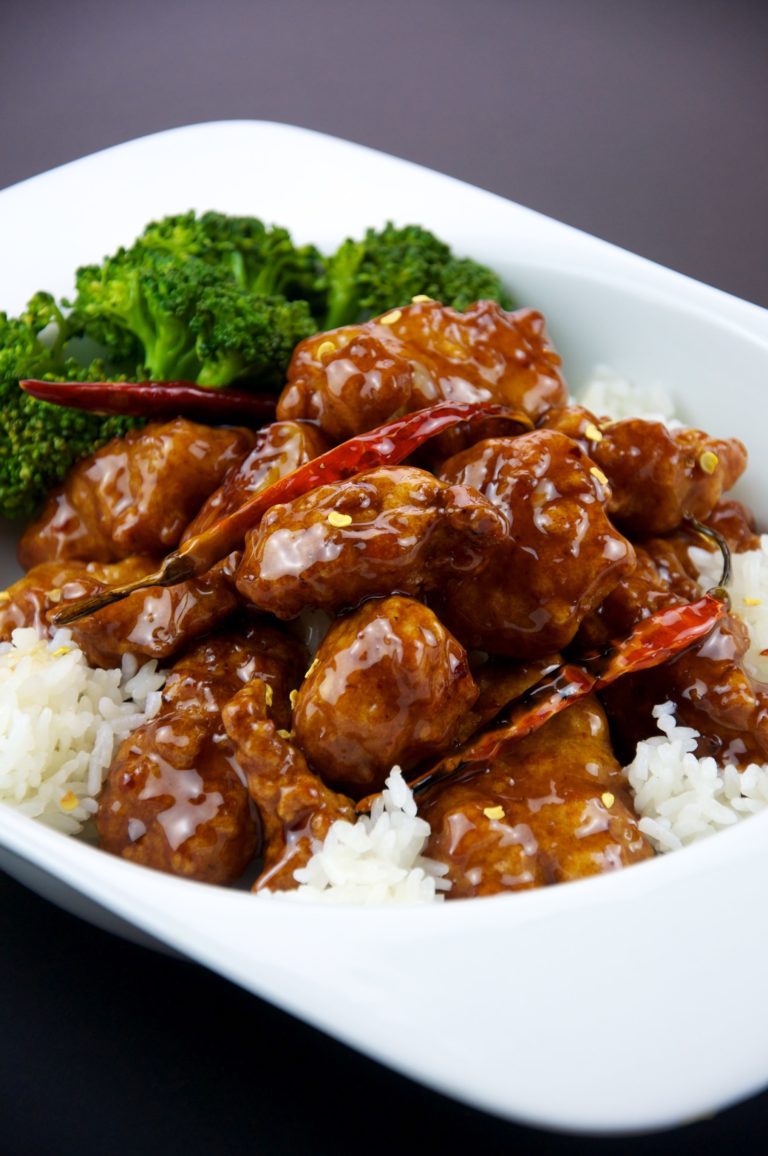There’s no denying how popular Chinese food is in the U.S.
Starting with the arrival of Chinese gold miners in California, Chinese food has gradually become a national staple. But just how many of the dishes we know and love today are “authentic” Chinese food?
Are you a true Chinese foodie, take the quiz to find out?
[zombify_post]


0 Comments